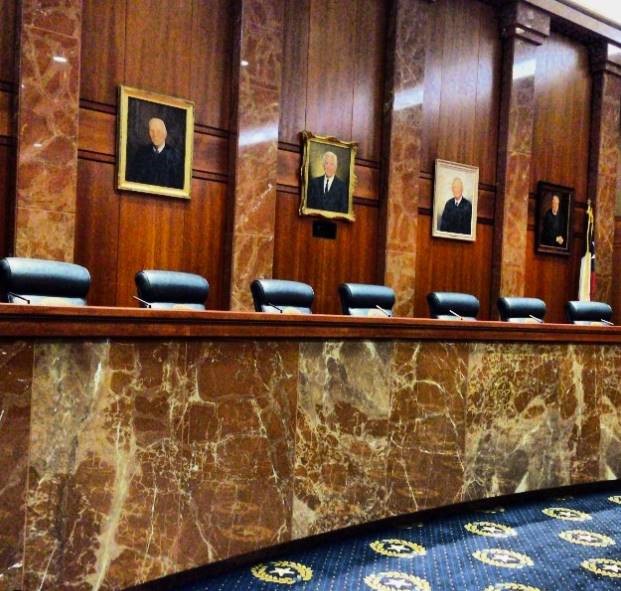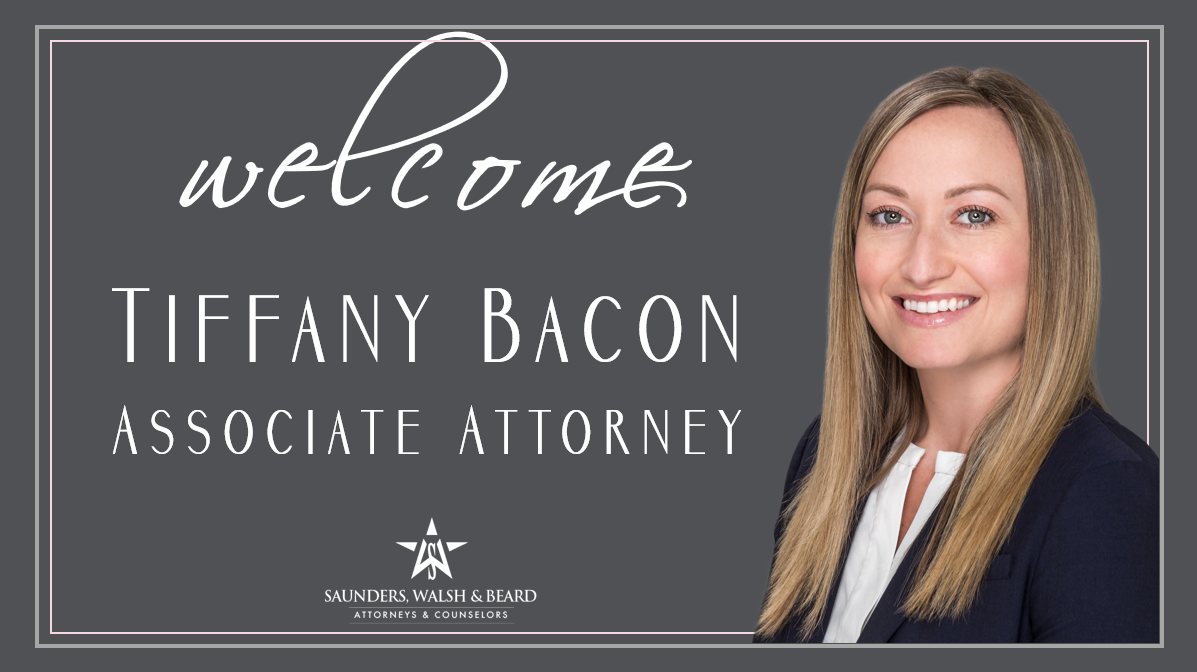Changes to Mechanic’s and Materialman’s Liens Law Effective January 1, 2022
Major changes to Chapter 53 of the Texas Property Code go into effect on January 1, 2022. On June 15, 2021, Governor Abbott signed into law House Bill 2237, which makes sweeping changes to the primary source of law for lien and bond claims in Texas. The following is an overview of the changes that will have the greatest impact on contractors, subcontractors, and the attorneys who represent them.
Applicability of Changes
It is important to note that, while the changes go into effect on January 1, 2022, these changes apply only to an original contract entered into on or after the effective date. Therefore, it will be especially important for subcontractors and suppliers to obtain a copy of the original contract between the owner and the prime contractor. The date on which the original contract was entered into will dictate the appliable law. Even if the subcontractor’s contract was signed after January 1, 2022, if the original contract pre-dates January 1, 2022, then the old law will apply.
Changes to Terminology
It is evident from the changes made that the legislature intended to simplify Chapter 53 to make it more accessible to the layman and to take away some of the technical requirements that often made the difference between a valid and an invalid lien. Only time will tell whether these goals were achieved. To that end, some defined terms were added, some were changed, while others were combined. The following are just a few of the changes to words and phrases used in Chapter 53:
- “Improvement” – under the old version of the Act, the various things that qualified as “improvements” were somewhat scattered throughout the Act. The revision broadens the term, makes its use more consistent throughout the Act, and puts the entire definition in one location.
- “Prosecution of the work” has replaced “performance of the work.”
- “Consumption” has been replaced by “use” – For example: “Material” means all or part of the material, machinery, fixtures, or tools ordered and delivered for incorporation or use. Since the definition of “material” includes “machinery” or “tools,” the word “use” is more appropriate than “consumption.”
- “Purported original contractor” – the sham contract provision of Chapter 53 has been simplified by defining the term “purported original contractor.”
- “Retainage,” “retain,” “reservation” and “reserved funds” – the word “reserve” has replaced “retain” and “withhold” throughout the Act, as those two phrases had been used inconsistently. Also, “retainage” has been changed to “reservation” or “reserved funds,” when referring to the funds withheld by the owner. However, a claimant still has a “claim for unpaid retainage.” This was probably done to address uses of the term that were inconsistent with the statutory definition: “Retainage” means an amount representing part of a contract payment that is not required to be paid to the claimant within the month following the month in which labor is performed, material is furnished, or specially fabricated material is delivered.
Substantive Changes
While the changes in terminology may be largely academic, there are quite a few substantive changes that will have an impact on perfecting and enforcing lien claims. The following changes will have the greatest impact:
- Delivery of Notice – Under the original Act, all notices had to be delivered in person or sent via certified mail to be effective. Under the revised Act, notices can be sent via certified mail or “any other form of traceable, private delivery or mailing service that can confirm proof of receipt.” However, certified mail will remain the preferred method, because it is effective upon “depositing or mailing.”
- Deadlines Extended by Weekends and Holidays – While the overwhelming majority of the deadlines established under Chapter 53 land on the 15th day of the month, those deadlines were often shortened when the 15th landed on a weekend or holiday. Under the revised Act, any deadline that falls on a weekend or holiday is extended to include the next business day.
- Licensed Professionals and Landscapers – A licensed professional (architect, engineer, or surveyor) no longer has to have a direct contractual relationship with the owner in order to have lien rights. This revision grants lien rights to consultants, such as HVAC designers, who previously did not have the ability to file a lien. In addition, landscapers are no longer required to have a written contract in order to assert a lien claim.
- Subcontractor’s Retainage Lien Claims
- The Intent to Lien Notice – a claim for retainage can be included, wholly or partially, in the standard 3rd-month notice. However, if the claim is purely retainage and no prior notices have been sent, a subcontractor must provide notice of an intent to file a retainage lien by the 30th day after the date the claimant’s contract is complete, terminated, or abandoned, or the 30th day after the date the original contract is complete, terminated or abandoned, whichever is earlier. There is also a new standardized form for this notice.
- The Lien Affidavit – The deadline for a subcontractor to file a retainage lien claim has been reduced from four months after the completion of the project to three months. A subcontractor claiming a lien for retainage must file a lien affidavit by the 15th day of the third month after the month in which the original contract was completed, terminated, or abandoned.
- 2nd Tier Subcontractors Have One Less Notice to Send – Under the original Act, 2nd Tier Subcontractors, those subcontractors and suppliers who contract with a subcontractor, had to send notice to the original contractor by the 15th day of the second month after each month during which work was performed. Under the revised Act, this is no longer a requirement. The 2nd Tier Subcontractors just have the 3rd-month notice requirement; there is no 2nd-month notice. In short, all subcontractors, regardless of tier, now have the same notice obligations.
- Standardized Notice – Claimants no longer have to carefully read through a list of information that must be included in an intent to lien notice. The revised Act provides a standard form that must be used. It is important to note that the new standard form requires the claimant to identify the “type of labor or materials provided,” which is information that was not previously required to be included in an intent to lien notice, just the lien affidavit.
- One-Year Statute of Limitations – The original statute of limitations to foreclose on a mechanic’s lien was one (1) year for residential projects and two (2) years for commercial projects. Now, it is one (1) year regardless of whether the project is commercial or residential. This is a very significant change for commercial contractors. The Act now reads, “Suit must be brought to foreclose the lien not later than the first anniversary of the last day a claimant may file the lien affidavit….” A foreclosure suit that is barred by limitations cannot be revived by a suit that is solely brought to discharge the lien on the basis that the limitations have expired.
Minor Changes
There were a handful of changes worth mentioning, but which should not have a significant impact.
- Summary Motion to Remove Invalid or Unenforceable Lien – The notice of hearing requirement has been extended from 21 days to 30 days, and the claimant is entitled to expedited discovery of relevant information.
- Requirements for Residential Contracts and Lien Claims – The statutory disclosures for contracts involving improvements to residential homesteads, and the language that must be included in an intent to lien notice for a residential project, have been revised to reflect the changes in defined terms (discussed above). While the old disclosures are substantially similar to the new versions, residential contractors will need to update their forms.
- Lien Waivers No Longer Have to be Notarized – In an effort to reduce subcontractors’ costs, lien waivers no longer have to be notarized.
The changes made to Chapter 53 by HB 2237, when they go into effect, should make things easier for lien claimants. The changes that will have the biggest effect on lien claimants is the required standardized notice forms and the reduced statute of limitations. Once the industry fully adopts the standardized notices, the transition should be largely complete. For our readers’ convenience, the new and revised forms can be found below.
2022 – Intent to Lien Notice – 3rd Month Notice
2022 – Notice of Claim for Unpaid Retainage
2022 – Residential Construction Contract Disclosures
2022 – Statutory Notice Language for Residential Liens
Lien Waivers
Lien Waiver- Conditional Final
Lien Waiver- Conditional Final Lien Waiver- Conditional Progress Payment
Lien Waiver- Unconditional Final
Lien Waiver- Unconditional Progress Payment
Jacob D. Thomas is a civil litigation and board-certified construction lawyer helping individuals and businesses with their legal needs since 2003. Mr. Thomas was named a Texas Rising Star from 2015-2018 and a Texas Super Lawyer in 2020 and 2021. With his experience, knowledge, and skill, Jacob competently guides his clients through the complex legal system. Whether the situation calls for a hard-nosed fighter or a subtle negotiator, Jacob tailors his approach to each case based upon the particular needs of the client.





